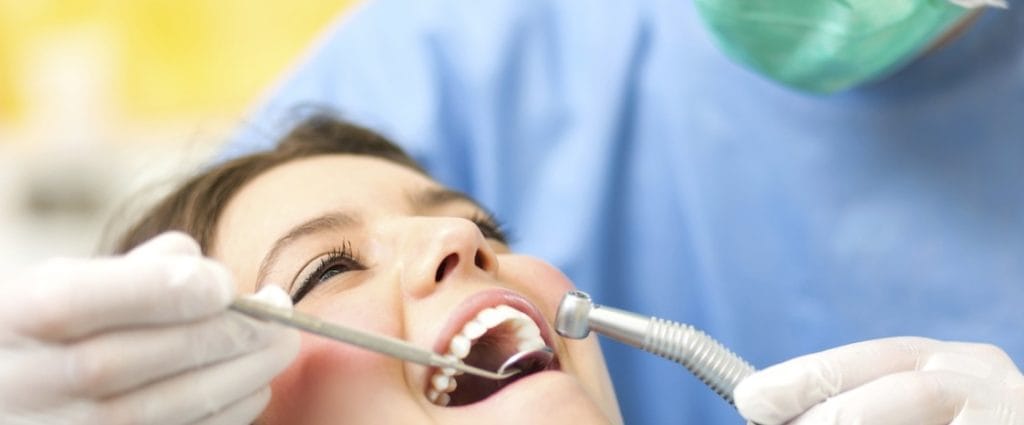Dentists may be medical professionals, but they are also specialists. Typically, patients will not turn to their dentists for help with ailments that don’t involve teeth, gums or general oral health. However, some illnesses, such as the eating disorder bulimia nervosa, affect oral health. As a result, dentists and dental hygienists may be positioned to recognize this eating disorder earlier than other healthcare professionals.
Challenges of Diagnosing Bulimia Nervosa
Bulimia nervosa can be a very difficult eating disorder to recognize. Unlike people with anorexia nervosa, bulimia sufferers do not necessarily fall below a healthy weight. They may also appear to eat normally much of the time, while doing their best to disguise their purging. Many people associate eating disorders with a lack of eating and dangerous weight loss, making it easier for those who are living with bulimia to hide their illness for a longer period of time. The lack of these more recognizable symptoms does not mean people with bulimia are symptom-free and in good health. Eating disorders like bulimia are frequently accompanied by serious psychological symptoms like depression and anxiety. People who purge regularly often suffer from chronic dehydration, which can eventually lead to kidney problems and other complications. Complications from bulimia may also include heart problems, disrupted menstrual cycles, serious digestive problems and drug and alcohol use.
Bulimia and Oral Health
In addition, bulimia frequently results in damage to a person’s teeth and gums. This damage is usually very characteristic and provides a clear indication that an eating disorder is present. Furthermore, these oral complications usually appear earlier than other serious complications from bulimia and are a good thing to look out for in order to catch the illness comparatively early. When a person with bulimia purges by vomiting, the corrosive acid in the stomach is expelled along with any food. Exposure to this stomach acid causes tooth enamel to erode, leading to dental decay. This can be very uncomfortable, as the enamel erosion and dental decay may expose nerves and make gums more sensitive. Decay also makes teeth more vulnerable to cavities, and increases the likelihood that the teeth will need fillings or other repair work. Even more possible complications from purging include bleeding gums, inflamed gums, soft tissue sores and tooth lesions. Finally, repeated exposure to stomach acid can make teeth appear gray or translucent, and lead to bad breath. The area where these dental symptoms are most apparent in people with bulimia is the back of the upper front teeth. Dry mouth and sensitivity of the mouth, throat and salivary glands are also classic signs of regular purging through vomiting.
Recognizing the Signs
The signs of dental decay due to an eating disorder should be obvious to dentists, although they may not make the connection or take action. They may not be sufficiently familiar with the appearance of eating disorders, or they may not know how to intervene. However, eating disorder awareness groups like the National Eating Disorder Association (NEDA) are working to raise awareness among dentists and dental hygienists. Parents can also take steps in this area by notifying a dentist if they suspect an eating disorder and specifically requesting that the dentist look for purge-related decay. Dentists can be a great resource for identifying eating disorders, but help from other medical professionals is also necessary. Dentists are not able to diagnose a specific disorder or arrange for appropriate treatment. If a dentist does recognize tooth and gum complications that may signal an eating disorder, a physical check-up or consultation with a medical doctor or psychiatrist is an important next step.

